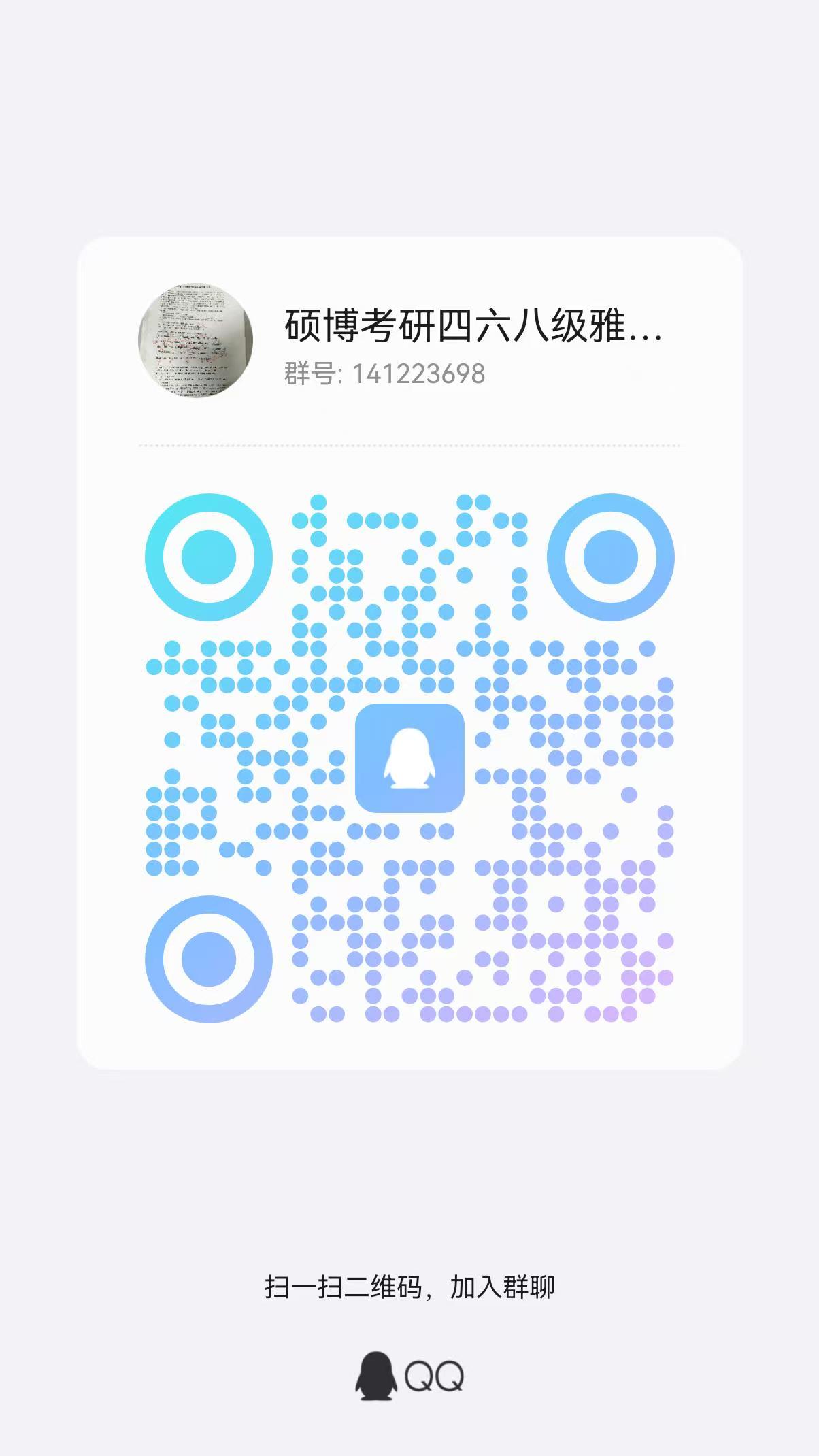🗣 SL提问: ai控制人类大脑
✍️ Ai批改: You're interested in exploring the concept of AI controlling the human brain! That's a fascinating and complex topic、While we're still far from achieving direct AI control over human brains, I'll provide an overview of the current state of brain-computer interfaces (BCIs) and the possibilities and challenges associated with them.
Current State: Brain-Computer Interfaces (BCIs)
BCIs are systems that enable communication between the human brain and external devices or computers、They can be used to:
1、Decode brain signals: Record and interpret neural activity, allowing people to control devices with their thoughts.
2、Encode brain signals: Send signals from a device to the brain, potentially restoring or enhancing cognitive functions.
There are several types of BCIs:
1、Invasive BCIs: Implantable devices that directly interface with neurons, such as cochlear implants or retinal implants.
2、Partially invasive BCIs: Techniques like electrocorticography (ECoG) or electroencephalography (EEG) that record neural activity from the surface of the brain or scalp.
3、Non-invasive BCIs: Methods like functional near-infrared spectroscopy (fNIRS) or magnetoencephalography (MEG) that measure brain activity without direct contact.
Potential Applications:
1、Prosthetics and motor control: BCIs can help people with paralysis or amputations control prosthetic limbs or communicate through computers.
2、Neurological disorders: BCIs may help diagnose and treat conditions like epilepsy, Parkinson's disease, or depression.
3、Cognitive enhancement: BCIs could potentially enhance human cognition, such as improving memory or attention.
Challenges and Limitations:
1、Signal interpretation: Accurately decoding and interpreting brain signals remains a significant challenge.
2、Invasiveness and safety: Implantable devices carry risks of tissue damage, infection, or immune responses.
3、Scalability and resolution: Current BCIs have limited spatial resolution and can't read or write neural signals with high precision.
4、Neural plasticity: The brain's adaptability and reorganization of neural connections can make long-term BCI use challenging.
The Future: Direct Neural Interface (DNI) and AI Control
The concept of a Direct Neural Interface (DNI) involves creating a high-bandwidth, implantable device that can read and write neural signals with high precision、Some researchers envision a future where DNIs could:
1、Enable seamless communication: Between humans and machines, potentially revolutionizing human-computer interaction.
2、Augment human cognition: By integrating AI systems directly with the brain, potentially enhancing intelligence, memory, or perception.
However, the development of DNIs and AI-controlled brain interfaces raises concerns about:
1、Ethics and autonomy: Potential loss of human agency, free will, or individuality.
2、Safety and security: Risks of device malfunction, hacking, or unauthorized access to neural data.
3、Regulatory frameworks: Establishing guidelines and regulations for the development and use of DNIs and AI-controlled brain interfaces.
While we're making progress in BCIs and DNIs, we're still far from achieving direct AI control over human brains、The scientific community is working to address the technical, ethical, and societal challenges associated with these technologies.
Would you like to explore any specific aspect of BCIs or DNIs further?
0
IP地址: 41.116.204.162
搜索次数: 328
提问时间: 2025-04-20 23:04:39
❓️ 热门提问:
域名申请了怎么用
东方红60天持有纯债C
香港银行外汇有限额吗
福生珠宝的黄金怎么样
黄金大戒指
嘉实稳惠6个月持有期混合A
全网搜索引擎大全
外汇升高人民币升值还是贬值
ai数据集下载
免费智能ai写作
豌豆Ai站群搜索引擎系统
🤝 关于我们:
三乐Ai
作文批改
英语分析
在线翻译
拍照识图
Ai提问
英语培训
本站流量
联系我们

📢 温馨提示:本站所有问答由Ai自动创作,内容仅供参考,若有误差请用“联系”里面信息通知我们人工修改或删除。
👉 技术支持:本站由豌豆Ai提供技术支持,使用的最新版:《豌豆Ai站群搜索引擎系统 V.25.05.20》搭建本站。
















